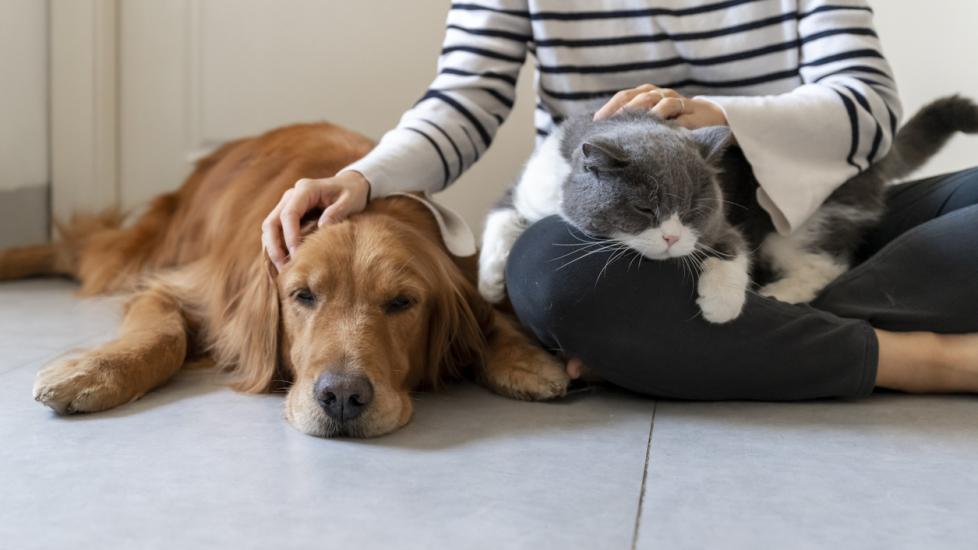Ah, the green-eyed monster. We’ve all experienced jealousy in some form or another, and our beloved pets are no exception. While it might be cute when your cat glares at you for paying attention to a new toy, jealousy can lead to behavioral issues if left unchecked. Here are nine telltale signs that your pet is feeling envious—plus tips on how to nip those feelings in the bud:
- The Glare: Does your dog or cat give you a piercing look when you interact with someone else? That could be a sign of jealousy.
- Demanding Behavior: Suddenly, your pet wants more attention than usual. They may follow you around or meow excessively.
- Destructive Tendencies: If your furry friend starts chewing on things they shouldn’t or scratching furniture more often, jealousy might be the culprit.
- Unexpected Aggression: A normally friendly pet may become snappy or growl at other animals or people who get too close to you.
- Increased Vocalization: Cats may yowl or dogs bark more frequently as a way to demand your attention away from others.
- Separation Anxiety: Pets who are jealous of your time might show signs of separation anxiety when you leave them alone.
- Changes in Eating Habits: Some pets will stop eating or eat less due to stress caused by perceived competition.
- Lack of Interest: Your pet may seem disinterested in activities they used to enjoy when there’s something “new” vying for your affection.
- Possessiveness: Your pet might become overly protective of their belongings or even you! This can manifest through guarding toys or sleeping spots.
So, what can you do about it? Here’s how to handle pet jealousy effectively:
1. Quality Time: Spend one-on-one time with each pet every day. This helps reassure them of their importance in your life.
2. Consistency: Keep routines consistent so pets know what to expect. New arrivals should also have set schedules to avoid confusion.
3. Positive Reinforcement: Use treats and praise to reward good behavior. Ignore negative behaviors until they subside.
4. Distractions: Provide plenty of toys and activities to keep pets occupied and reduce boredom.
5. Patience: Understand that jealousy is normal but temporary; with patience and understanding, most pets will adjust over time.
6. Redirect Attention: When you notice jealousy brewing, redirect your pet’s focus onto an activity or treat that excites them.
7. Training: Teach commands like “leave it” or “wait” to help your pet understand boundaries and control impulses.
8. Environmental Enrichment: Create separate spaces where each pet feels comfortable and secure, reducing conflict between them.
9. Communication: Speak soothingly to your pet during interactions with others. Let them know verbally that they are still loved and valued.
Remember, every pet is unique, and what works for one animal might not work for another. Stay observant and adaptable, adjusting strategies as needed. With love, consistency, and a bit of creativity, you can help your pet feel confident and secure, even amidst changes or additions to the family dynamic.
